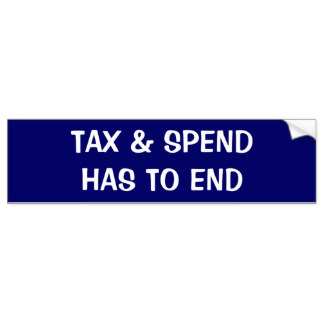However, that TABOR requirement leads directly to greater government accountability and transparency. That’s good.
Young misdirects his anger at the duplicate vote. He should instead direct his impatience at the inaccurate information offered by the tax increase proponents.
The Taxpayers’ Bill of Rights requires that you know what the cost will be for any new program or expansion of an existing program. You can weigh whether the price is worth it. The voter then can make an informed decision.
No one wants to give proponents of any measure the incentive to underestimate the cost. Yet, if low-balling the cost helps the measure to pass, there would be pressure for proponents to fudge the numbers. Better to get it right.
Whenever government will grow faster than the automatic increases allowed every year, the voter should know by how much. Voters must demand strict accountability and honesty in creating the estimates. Don’t let tax increase proponents hide the real cost of the programs; don’t let Young mislead you.
There are people who want government to increase its reach into our lives and to spend more of your money on public goods; these folks will always oppose the Taxpayers’ Bill of Rights. Let them present their arguments fairly and truthfully, but they should not argue for eliminating honesty and accountability.
Penn R. Pfiffner, chairman of the TABOR Committee, is a former legislator who has been involved in fiscal policy issues for over three decades.




